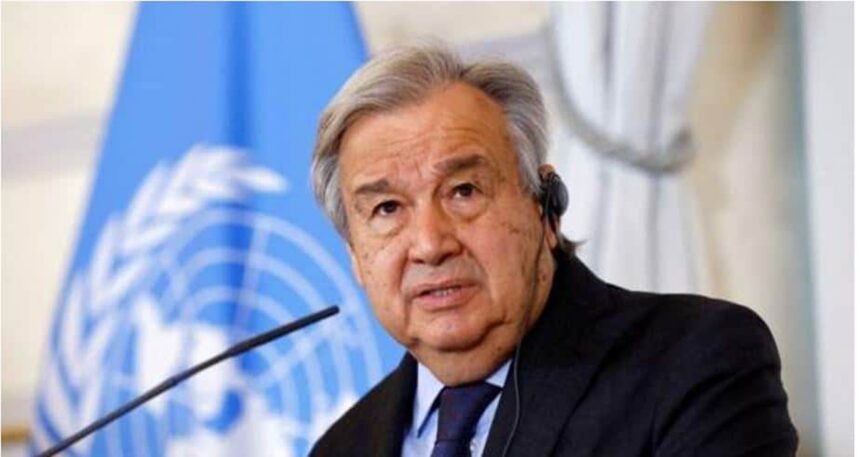United Nations Secretary-General António Guterres called for an immediate ceasefire on August 21, following Israel’s announcement of the first steps of its operation to seize control of Gaza City.
“It is essential to achieve an immediate ceasefire in Gaza,” Guterres said, stressing that such a move was necessary “to prevent the deaths and destruction that a military operation against Gaza City would inevitably cause.”
Israel has mobilized tens of thousands of reservists and continues with its plan to capture the largest urban center in Gaza despite international criticism that such an operation would likely lead to the displacement of more Palestinians.
Currently, Israel controls around 75 percent of the Gaza Strip.
A day earlier, the Israeli army announced the beginning of its operation to seize Gaza City, calling up thousands of reservists as the government reviews a new ceasefire proposal aimed at halting the nearly two-year war against Hamas — the Palestinian group designated as a terrorist organization by both the United States and the European Union.
“We have begun initial operations and the first phases of the assault on Gaza City, and the army has already taken control of areas on the outskirts,” Israeli army spokesperson Effie Defrin said on August 20.
The war in Gaza began on October 7, 2023, when Hamas launched an attack on southern Israel, killing around 1,200 people and taking 251 hostages.
The Israeli military offensive in Gaza has since killed more than 62,000 people, according to the Health Ministry in the Palestinian territory.
Guterres also called for the unconditional release of the hostages held by Hamas and urged Israel to reverse its decision to expand “illegal” settlement construction in the West Bank.
Israel’s plan to build a new settlement, which would effectively cut the West Bank in half and sever it from East Jerusalem, was made public last week and received final approval from the Ministry of Defense on Wednesday.
The Palestinian Foreign Ministry said this plan would isolate Palestinian communities living in the area and undermine prospects for a two-state solution to the Israeli-Palestinian conflict.







